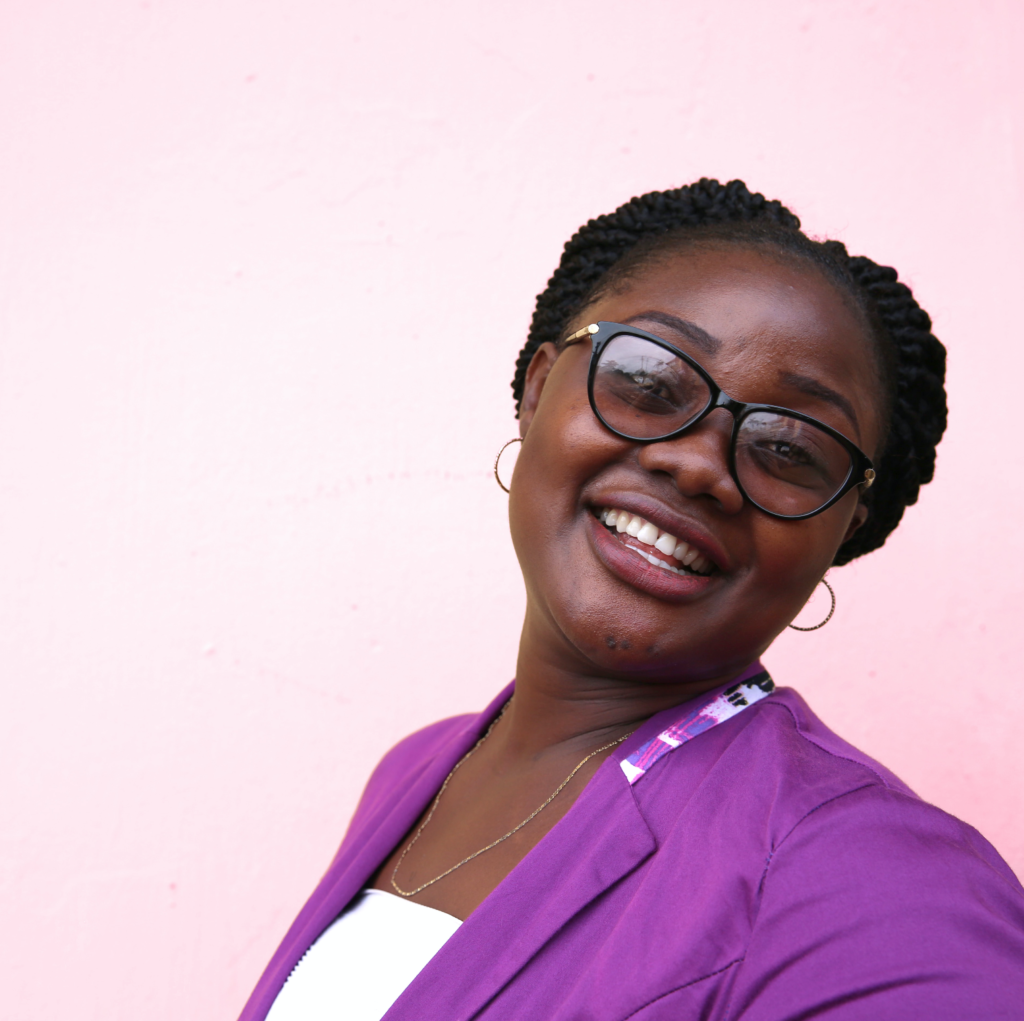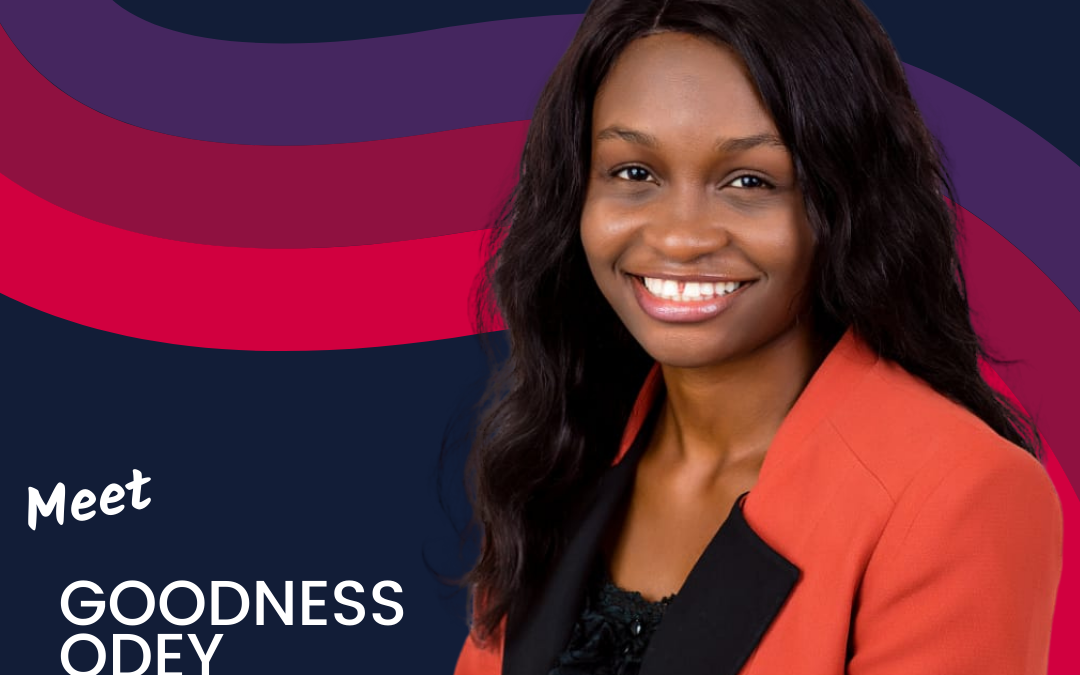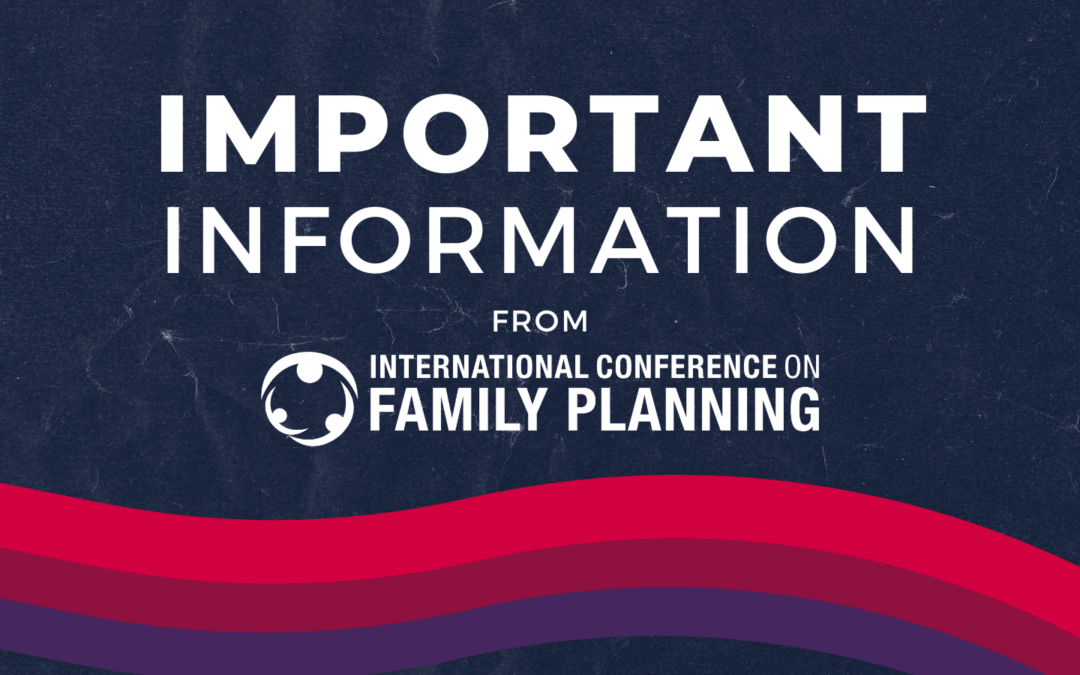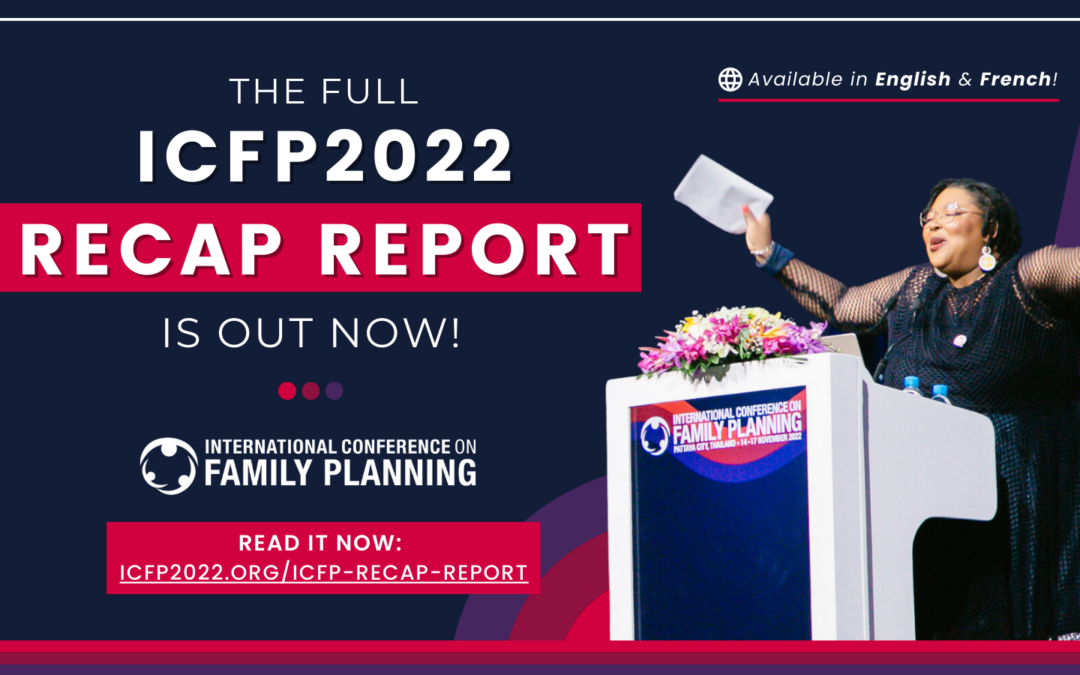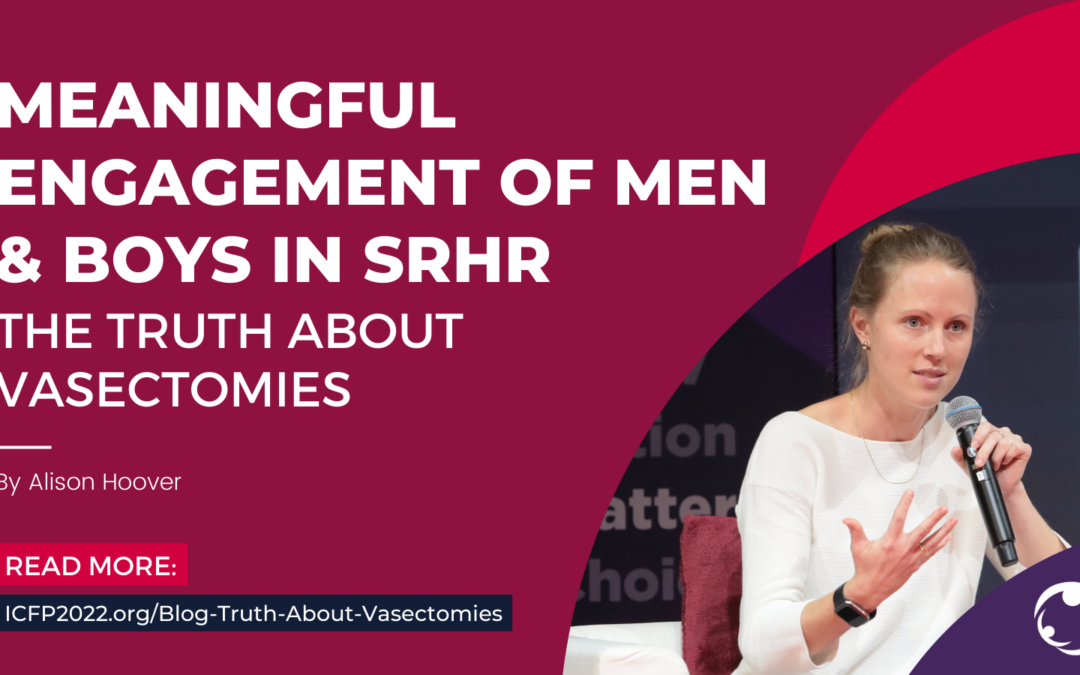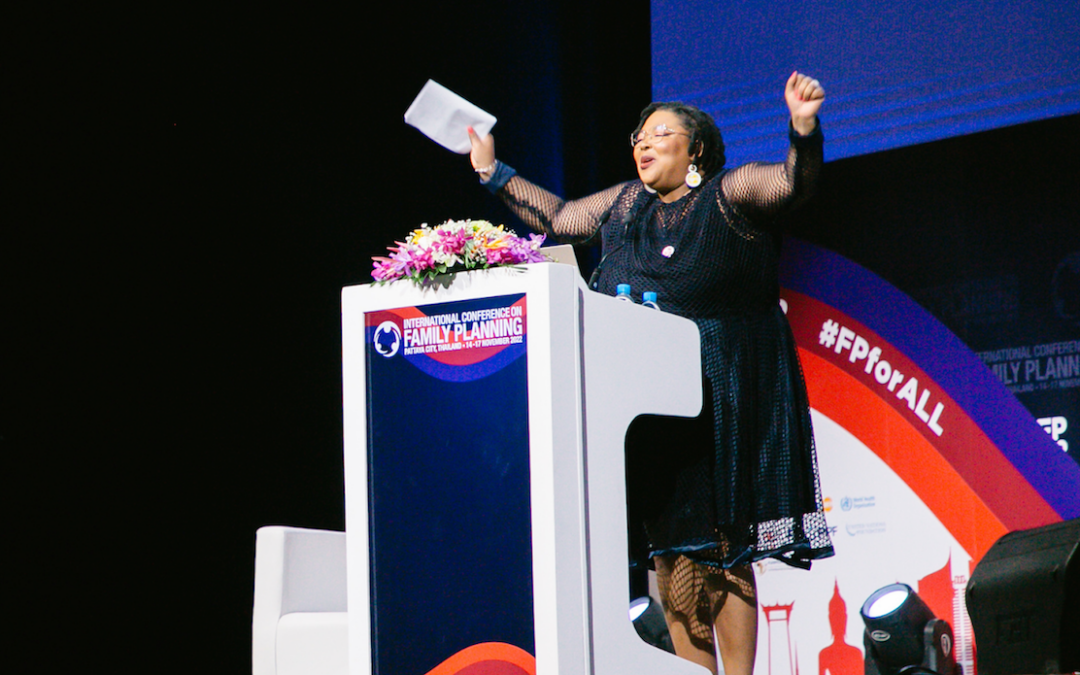By Fifi Oluwatoyin Ogbondeminu, A360 Nigeria. Originally posted on A360Learninghub.org.
Girls’ sexual and reproductive health (SRH) needs don’t pause for pandemics.
Yet amidst the ongoing COVID-19 outbreak, we’re watching health systems bear the brunt – stretching their ability to respond to the virus itself, and the essential SRH services girls need, now more than ever.
In Nigeria, PSI’s flagship adolescent SRH program Adolescents 360 (A360) is adapting, in response.
Fusing digital innovation with field-tested outreach, the A360 Nigeria team pivoted quickly to merge COVID-19 awareness with SRH information, delivering creative, urgent and difficult solutions to an ever-evolving situation.
We’ve documented the approach and replicable learnings, below.
Getting Situated: Essential Movement
In a typical week, A360 Nigeria reaches 2,000+ girls with SRH information and supports approximately 1,500 girls to voluntarily adopt contraception. And while approximately 2 in 5 girls choose long-acting methods, the remaining 7 in 10 girls choose short-term methods that require regular resupply.
But in April, shortly after Nigeria emplaced travel restrictions in response to COVID-19, the number of girls dipped to 250+ girls reached and 150+ girls served per week.
We needed to act fast.
The Society for Family Health (SFH) /Nigeria, PSI’s independent network member implementing A360 Nigeria’s Matasa Matan Arewa (MMA) and 9ja Girls programming, moved immediately to secure a federal exemption allowing staff to move freely to provide essential health services, and developed training protocols to efficiently get frontline providers up to speed.
Combined, these measures have allowed SRH mobilization and counseling services to continue, amended to meet the current climate – on- and offline.
When in lockdown: WhatsApp.
That’s why over text and video chats, SFH/Nigeria primed all frontline health workers, including mobilizers, mentors and service providers, on COVID-19 protection and prevention measures – including guidance on how to use social media to reach girls with information on the pandemic, gender-based violence and livelihood opportunities that girls can still pursue, all in adherence to social distancing protocols.
A360 hosts weekly “reviews” via WhatsApp to combat misinformation, and cover challenges faced, capacity building needed and work planning around COVID-19 and SRH. The team reviews numbers of delivered referrals, using the data to identify any necessary adaptations teams need to make.
Strengthening Digital Tools to Adapt Girls’ Journey to Care
With consent, they pass girls’ phone numbers along to A360 providers who then follow-up by call or text, supporting girls who no longer have facility access due to public transport freezes to still receive the one-on-one counseling they say they want and need.
We know that engaging parents is critical to making girls feel supported to access, and continue with their method of choice. As we continue to adapt, we’re working on what it takes to engage parents once girls consent to providers following-up by phone.
The team continues to explore avenues to build the Facebook page out as a source of both trusted information and support.
In Southern Nigeria, providers host A360’s 9ja Girls’ Life, Love and Health sessions via a WhatsApp groups for girls aged 15-19 with access to a smartphone; in Northern Nigeria, a WhatsApp group offers married girls 15-19 virtual Life, Family and Health Sessions (including allocated time to engage with a provider), and a separate thread for married men to chat about how they can support their wives in choosing to continue their contraceptive of choice, as well as dispelling myths and misconceptions about COVID-19.
The A360 Nigeria team works at the state-level to send bulk SMS reminders.
Messages, framed as either direct information bites or interactive myth buster quizzes, allow girls to engage directly on COVID-19, SRH, GBV and livelihood and aspirations… all with a contact number for a youth-friendly health worker, should girls want more information. A call center is under development.
In Edo state, we’re piloting systems for providers to refer girls to community-based distributors (CBDs) to attain short term methods and contraceptive self-injectables, and to minimize the frequency of girls coming to the clinic.
As funding shifts toward a COVID-19 response, we must continue to allocate human and financial resources to ensure girls and women continue to have access to lifesaving SRH services.
Collectively, we can save lives and mitigate the long-term consequences of COVID-19 by ensuring SRH services remain available and accessible, when, where and how consumers need.
After all, no one should be left behind.
——-
Photo credit by IDEO.org

